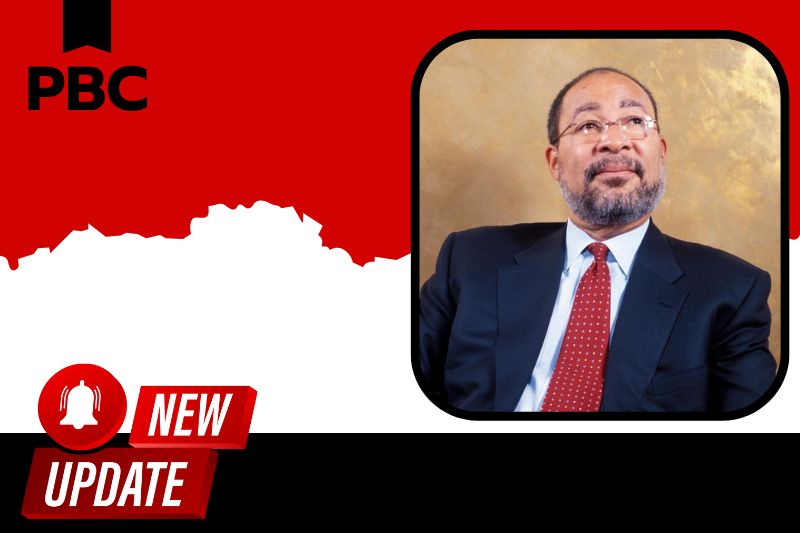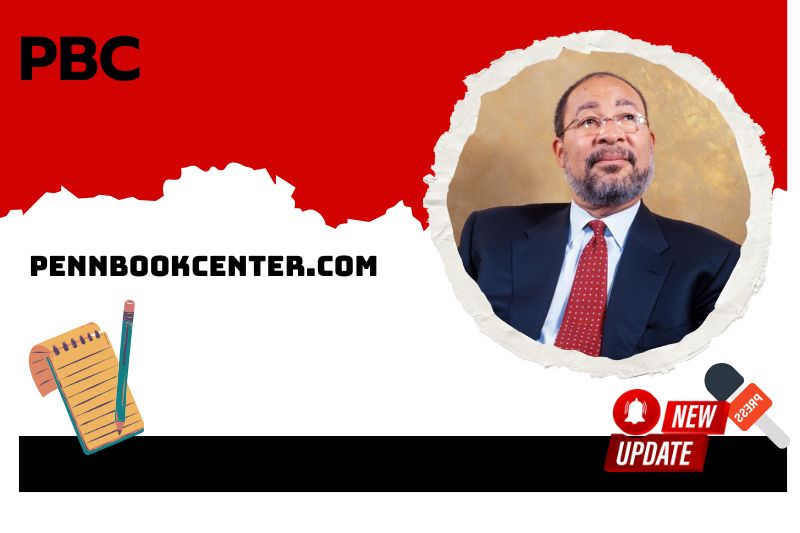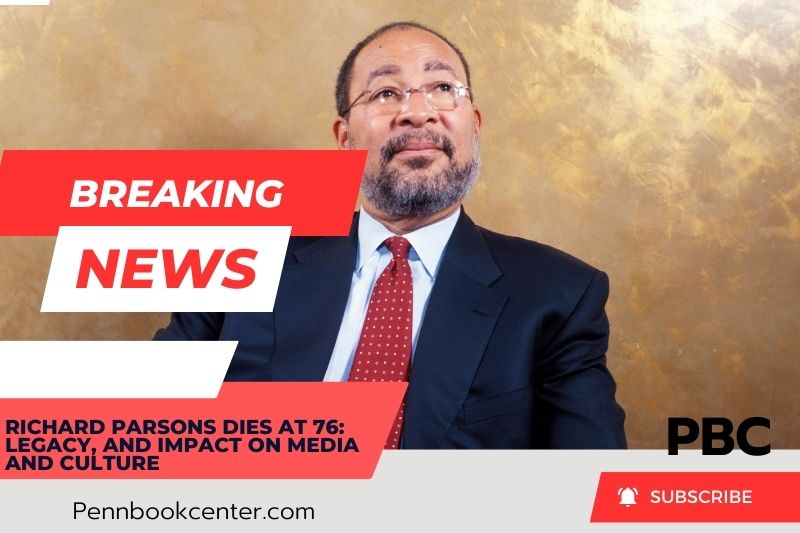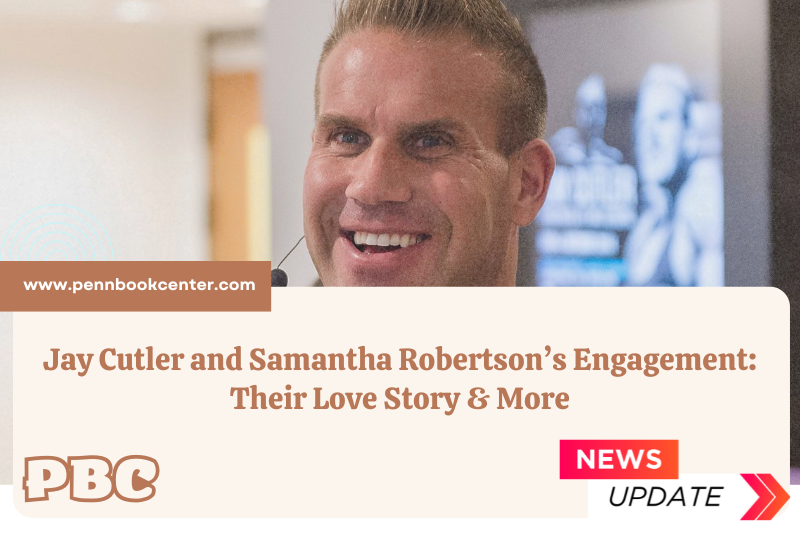Richard Parsons, the trailblazing businessman and former CEO of Time Warner, has passed away at 76. Known for his leadership during pivotal moments in media and finance, Parsons’ legacy is far-reaching.
His role in stabilizing companies like CBS and Citigroup, and saving New York’s Apollo Theater, left an indelible mark on both the business and cultural landscapes.
Richard Parsons: A Business Legacy and Leadership in Media
Richard Parsons’ career was a testament to leadership, resilience, and strategic vision. From his early days in New York politics to becoming a key figure in the media industry, Parsons made waves in corporate America.
Rising to CEO of Time Warner, he was instrumental in navigating the company through the tumultuous AOL merger.
Despite the challenges of merging with AOL, which faced immense scrutiny after the dot-com bubble burst, Parsons’ calm demeanor and people-focused approach helped stabilize the company, restoring its financial health.
Parsons’ leadership wasn’t confined to Time Warner. He later went on to chair Citigroup during the financial crisis, guiding the company through its recovery.
His ability to handle high-stakes situations, from corporate mergers to economic downturns, was unparalleled, and his decisions often shaped the future of the institutions he led.

Richard Parsons’ Death: Cause and Impact
Richard Parsons died on Thursday at the age of 76 after battling multiple myeloma, a type of cancer. His friend Ronald S. Lauder confirmed that the complications of the disease led to his passing. Parsons had already been fighting cancer for years, having been diagnosed with multiple myeloma in 2017.
His health issues forced him to step down from his position as interim chairman at CBS Corp. in 2018, highlighting the gravity of his condition.
His death marks the end of an era for many who admired his leadership and ability to tackle crises. His contributions to Harlem’s Apollo Theater and the media landscape will continue to echo for years to come. The tributes pouring in from across industries reflect the profound impact he had on business and culture.
His Role in the Time Warner-AOL Merger and Its Aftermath
In 2001, the AOL-Time Warner merger became one of the most scrutinized corporate deals in history. As CEO of Time Warner, Parsons was thrust into a situation where the company had to manage a colossal merger that many believed was doomed to fail.
The merger, valued at $165 billion, ended up causing significant financial difficulties, with AOL’s business model faltering and the combined company struggling to meet growth expectations.
Despite these setbacks, Parsons worked tirelessly to rebuild Time Warner’s reputation. His strategy included selling off non-core assets like Warner Music Group and sports teams, including the Atlanta Hawks.
He also led the decision to remove AOL from the company’s name, effectively disassociating Time Warner from a troubled partner.
Richard Parsons and the Apollo Theater: Preserving a Cultural Icon
One of Parsons’ most celebrated achievements was his work with Harlem’s Apollo Theater. In the late 1990s, the theater faced severe financial difficulties, threatening its future.
Parsons, with his strategic mind and connections, orchestrated a successful fundraising campaign that not only saved the Apollo but restored it to its rightful place as a cultural hub in New York City.
His leadership ensured that the Apollo continued to serve as a platform for African American artists and a cornerstone of Harlem’s rich cultural history. Parsons remained deeply involved with the Apollo, serving as chair of the board until 2020, a role he stepped down from after 19 years.
His Impact on CBS and Media Industry Crisis
In 2018, following the departure of Leslie Moonves from CBS amidst allegations of sexual misconduct, Parsons was called in as interim chairman.
This decision came during a critical moment when CBS was embroiled in a corporate battle with National Amusements for control of the company. Parsons’ diplomatic skills and leadership abilities were essential in navigating this turbulent time.
Though his tenure was brief, Parsons’ steady hand helped guide CBS through a time of great uncertainty, reaffirming his reputation as a stabilizing force in the media industry.
His leadership during this time was crucial, allowing CBS to maintain its operations and focus on its long-term goals.

His Political Connections and Public Service
Before becoming a corporate giant, Richard Parsons had a foundation in public service. His early career was marked by his involvement in New York state politics, where he worked for Governor Nelson Rockefeller. This connection would shape much of his future endeavors, both in business and in public service.
In addition to his corporate roles, Parsons played a vital advisory role in several political campaigns. He served as an economic advisor during Barack Obama’s presidential transition and was involved with New York City mayors Michael Bloomberg and Rudy Giuliani.
His insight into politics, combined with his business acumen, made him a key figure in both spheres.
Remembering Richard Parsons: Tributes and Reflections on His Leadership
Since his passing, tributes have poured in from all corners of the world. Jonelle Procope, president and CEO of the Apollo Theater, remarked that without Dick, there would be no Apollo as we know it today.
This reflects not only his impact on the Apollo but also his broader influence in business, culture, and politics. Colleagues and friends remember him as a man who combined humility with brilliance, using his vast influence to uplift others.
His contributions to the media industry, especially his leadership during challenging times, will be remembered as a benchmark for corporate resilience. He leaves behind a legacy of innovation, both in the business world and in cultural preservation.
Personal Life: Family, Friends, and Public Image
Parsons was known for his down-to-earth nature despite his high-profile career. Standing at over six feet tall, he was often described as having an approachable demeanor.
He balanced his demanding career with his personal life, including his marriage to Laura Ann Bush and his role as a father to three children.
His public image as a leader who valued relationships, both personal and professional, made him a beloved figure in the corporate world. His philanthropic work, including his dedication to saving the Apollo Theater, further cemented his legacy.
The Future of the Institutions Richard Parsons Led
Richard Parsons’ impact on the companies he led is undeniable. While Time Warner has continued to evolve since his departure, and Citigroup has recovered from its crisis, his role in shaping these institutions will never be forgotten.
His decisions ensured the stability and growth of these organizations, leaving a legacy that will last for decades.
Looking forward, CBS and the Apollo Theater will continue to honor his legacy. His influence on Harlem, the media industry, and the finance sector will undoubtedly inspire future leaders to take bold actions during times of crisis.
Let’s check out his wealth on here to learn more information.
Conclusion
Richard Parsons’ passing is a great loss, but his contributions to media, business, and culture will live on. We invite you to leave your comments, share this article, or explore more content on our website. Visit Pennbookcenter for further updates on celebrity news and much more.




